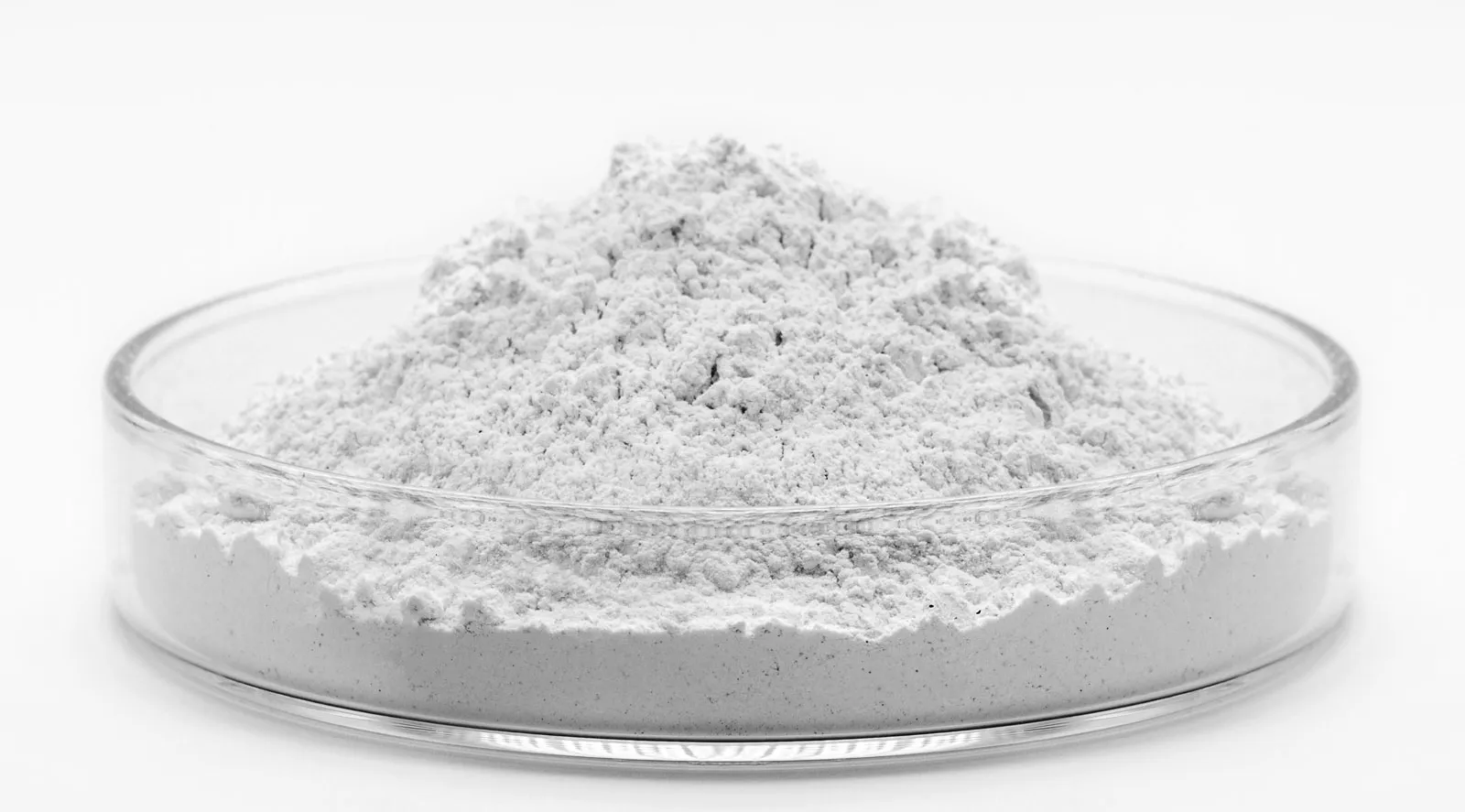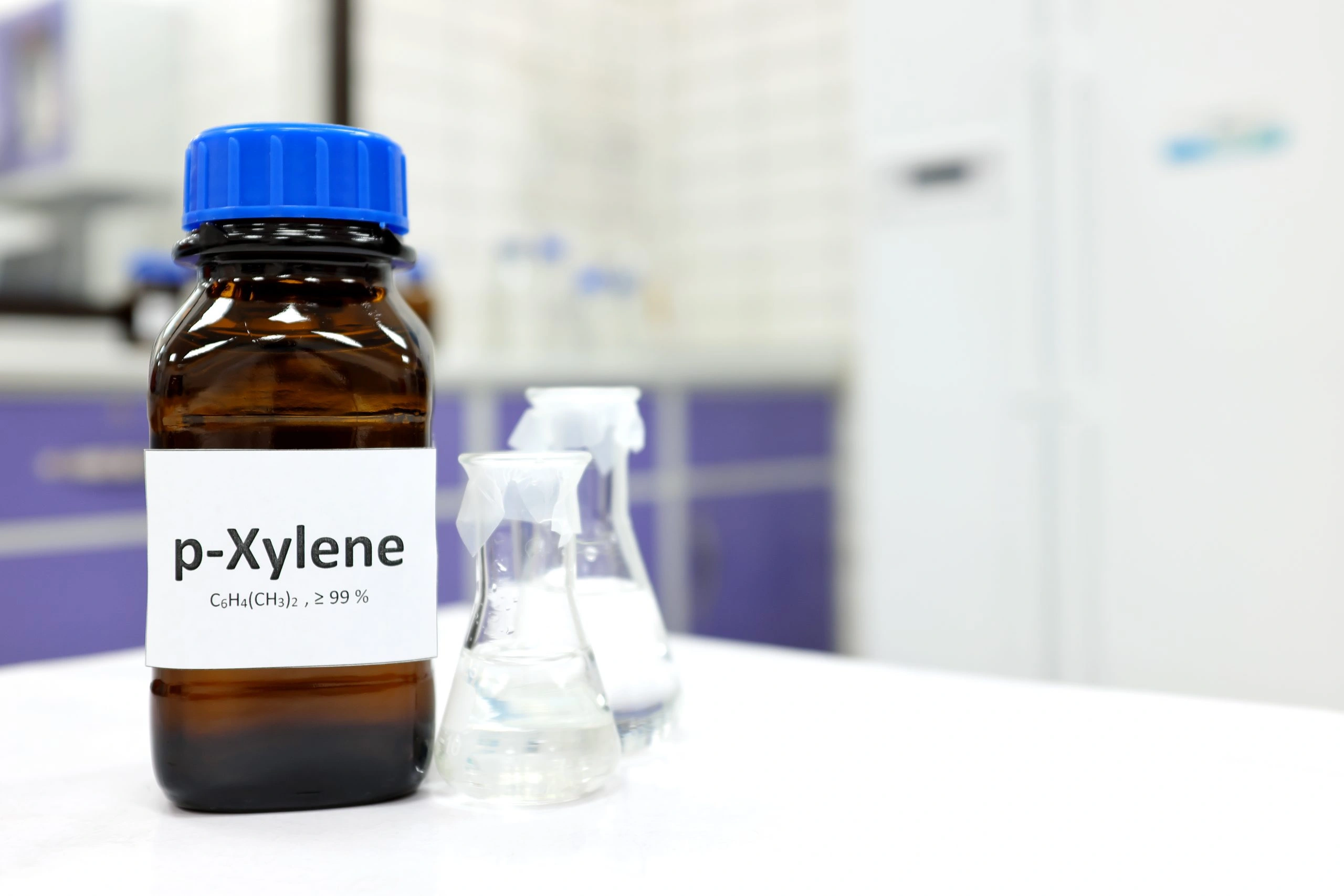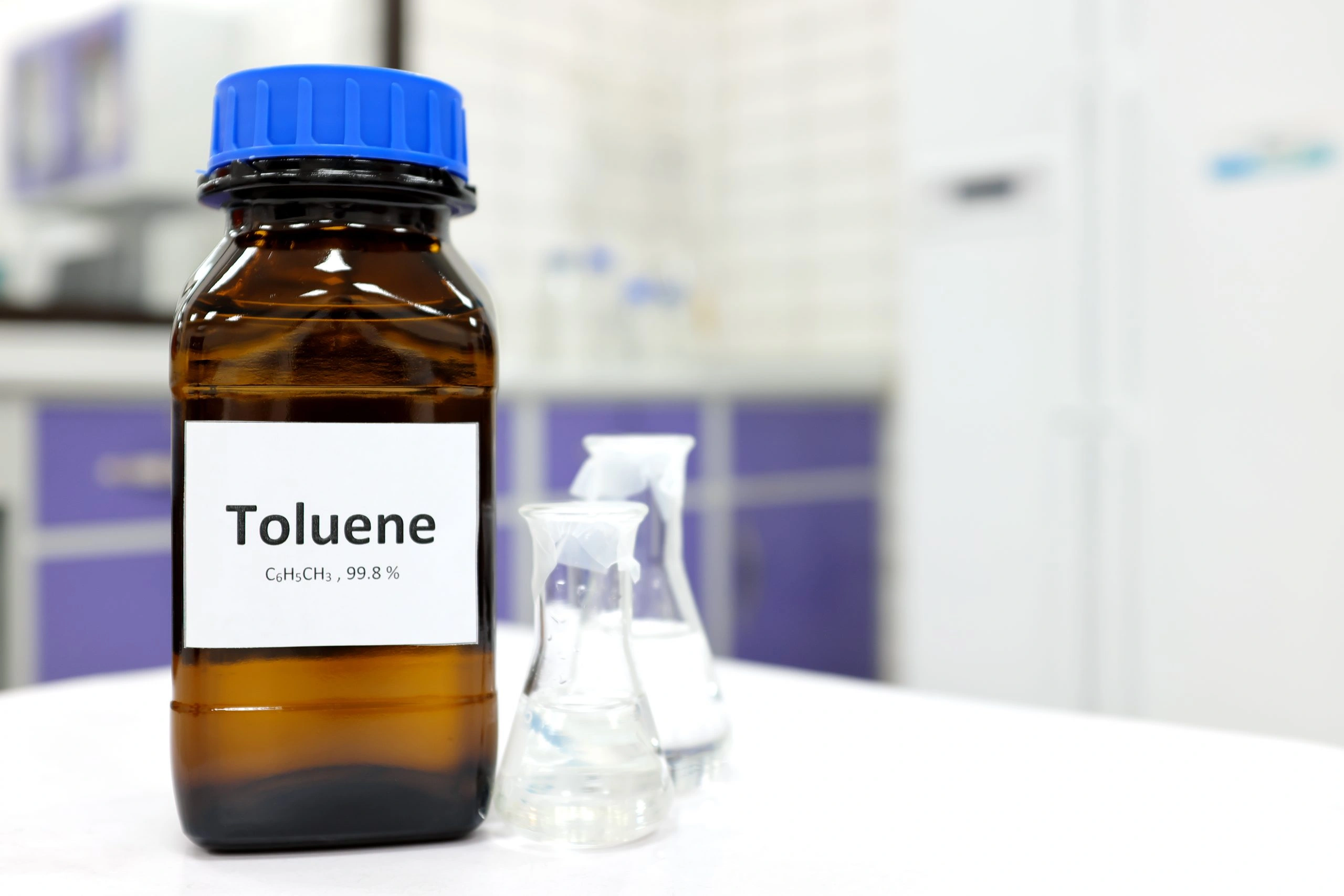by Admin9Rahim
Share
by Admin9Rahim
Share

what is Epoxy Resin Liquid?
Epoxy resin liquid, often simply called epoxy, is a marvel of modern material science. Renowned for its unparalleled adhesive properties, chemical resistance, and durability, epoxy resin has become a cornerstone in a wide array of industries. From construction and manufacturing to art and DIY projects, epoxy resin liquid’s versatility is unmatched. This comprehensive guide explores the composition, diverse applications, grades, benefits, and environmental considerations of epoxy resin liquid, offering insights into why it continues to be a preferred material across various sectors.
Understanding the Composition and Chemistry of Epoxy Resin Liquid
Epoxy resin liquid is a type of thermosetting polymer. This means it hardens or cures when mixed with a specific catalyst or hardener, forming a strong, durable solid. The resin is characterized by its epoxide groups, which are highly reactive and can form strong covalent bonds with other substances. The hardener, often an amine, polyamine, or anhydride, triggers a chemical reaction known as cross-linking during the curing process, transforming the liquid resin into a rigid and robust material.
Diverse Applications Across Industries
1. Construction and Infrastructure: Epoxy resin liquid is indispensable in the construction industry due to its exceptional bonding capabilities and structural integrity. It is extensively used for concrete repairs, flooring systems, and as a protective coating for various surfaces. Epoxy coatings are particularly valued in industrial and commercial settings for their durability, resistance to chemicals, and ease of maintenance.
2. Electronics and Electrical Systems: The electronics industry relies heavily on epoxy resin for its insulating properties. Epoxy is used for potting and encapsulating electronic components, protecting them from moisture, dust, and mechanical damage. Its excellent dielectric properties ensure the reliability and longevity of electronic devices and systems.
3. Marine and Automotive: In the marine industry, epoxy resins are essential for building and repairing boats due to their excellent water and corrosion resistance. Similarly, in the automotive sector, epoxy is used for body repairs, structural bonding, and as a protective coating for metal parts. Its ability to withstand harsh environmental conditions makes it ideal for these applications.
4. Aerospace: The aerospace industry uses epoxy resins in the manufacturing of aircraft components. Epoxy composites offer high strength-to-weight ratios, essential for improving fuel efficiency and performance. These composites are used in everything from fuselage sections to interior panels.
5. Renewable Energy: Wind turbine blades, made from epoxy composites, are stronger and more durable, contributing to the efficiency and longevity of wind energy systems. Epoxy resins also play a role in solar panel manufacturing, enhancing the durability and effectiveness of photovoltaic cells.
Artistic and Creative Uses
Epoxy resin liquid has captured the imagination of artists and craftsmen worldwide. Its ability to be tinted with pigments and dyes allows for a broad spectrum of creative expression. Some popular uses include:
1. River Tables: Epoxy resin is used to create stunning river tables, where a clear or colored resin is poured between wooden slabs, creating a river-like effect.
2. Jewelry and Accessories: Epoxy resin is a favorite in jewelry making due to its clarity and ability to encapsulate objects, creating unique and personalized pieces.
3. Abstract Art: Artists use epoxy resin to create vibrant, glossy paintings and sculptures. The resin’s self-leveling properties and high-gloss finish make it ideal for abstract and modern art pieces.
Various Grades of Epoxy Resin Liquid
Epoxy resin liquid is available in various grades, each formulated to meet specific needs and applications. These grades include:
1. General-Purpose Epoxy: Suitable for everyday repairs and projects, general-purpose epoxies offer a balance of strength, adhesion, and flexibility. They are commonly used in home repairs, DIY projects, and non-critical industrial applications.
2. High-Temperature Epoxy: Formulated to withstand elevated temperatures, high-temperature epoxies are used in applications where thermal resistance is crucial. This includes automotive and aerospace components exposed to high heat.
3. Marine Epoxy: Designed to resist water and salt, marine epoxies are ideal for boat building and repairs. They provide excellent adhesion to wood, fiberglass, and metal surfaces, ensuring long-lasting performance in harsh marine environments.
4. Structural Epoxy: These epoxies offer exceptional mechanical strength and are used in construction and engineering applications. Structural epoxies are employed in bonding, repairing, and reinforcing concrete, steel, and other materials.
5. Flexible Epoxy: Flexible epoxies are formulated to provide elasticity and are used in applications where movement and vibration are factors. They are ideal for bonding dissimilar materials and in areas prone to dynamic stresses.
6. Clear Casting Epoxy: Used primarily in artistic and decorative applications, clear casting epoxies cure to a transparent, glass-like finish. They are popular for making jewelry, tabletops, and decorative items.
Packaging and Availability
Epoxy resin liquid is available in various packaging options to suit different scales of use:
1. Small Kits: Ideal for DIY enthusiasts and hobbyists, small kits typically include pre-measured amounts of resin and hardener, making them easy to use for small projects.
2. Bulk Containers: For industrial and commercial applications, epoxy resin is available in bulk containers, such as drums and totes. These large quantities are suited for high-volume usage in manufacturing and construction.
3. Specialty Packs: Some epoxies are packaged in dual-chambered syringes or cartridges, allowing for precise mixing and application. These are commonly used for repairs and maintenance tasks.
Properties of Epoxy Resin Liquid
Epoxy resin liquid exhibits a range of properties that make it suitable for diverse applications:
1. High Adhesion: Epoxy resins form strong bonds with a variety of materials, including metals, plastics, glass, and wood.
2. Chemical Resistance: Epoxy resins are resistant to many chemicals, including acids, bases, and solvents, making them ideal for use in harsh environments.
3. Mechanical Strength: Epoxy resins possess high tensile and compressive strength, providing durability and structural integrity.
4. Electrical Insulation: Epoxy resins have excellent dielectric properties, making them suitable for electrical and electronic applications.
5. Moisture Resistance: Epoxy resins resist moisture, making them suitable for marine and outdoor applications.
6. Thermal Stability: Certain grades of epoxy resin can withstand high temperatures, making them ideal for use in heat-sensitive applications.
7. UV Resistance: Some epoxy resins are formulated to resist ultraviolet light, preventing yellowing and degradation over time.
Environmental Considerations
While epoxy resin offers numerous benefits, its environmental impact cannot be overlooked. The production and disposal of epoxy resins can contribute to environmental pollution if not managed responsibly. Efforts are being made to develop more sustainable epoxy formulations, including bio-based epoxies derived from renewable resources. Additionally, proper disposal and recycling practices are essential to minimizing the ecological footprint of epoxy resin use.
Sustainable Alternatives and Innovations
1. Bio-Based Epoxies: Research is ongoing to develop epoxies derived from plant-based materials, which could reduce dependence on petrochemicals and lower the environmental impact.
2. Recycling Initiatives: Innovative recycling methods are being explored to reclaim and reuse epoxy materials, reducing waste and promoting a circular economy.
Conclusion
Epoxy resin liquid is a versatile and indispensable material that continues to innovate and enhance various industries. Its unique combination of strength, durability, and versatility makes it a go-to choice for applications ranging from construction and manufacturing to art and design. As technology and sustainability efforts advance, the development of eco-friendly epoxy resins promises to mitigate environmental concerns while maintaining the material’s many benefits. Whether in industrial settings or creative projects, epoxy resin liquid stands out as a testament to human ingenuity and the endless possibilities of material science.
STAY IN THE LOOP
Subscribe to our free newsletter.
Leave A Comment
What is potassium chloride? Potassium chloride (KCl), also known as potassium salt or muriate of potash, is a crystalline compound formed by potassium and chlorine. It appears as odorless, white or colorless crystals with a salty taste when dissolved in water. Potassium chloride is naturally occurring and can be found in ancient dried lake deposits, […]
Xylene: A Deep Dive xylene Description and History Xylene, a colorless liquid with a sweet aromatic odor, is a trio of isomers with the chemical formula C₈H₁₀. These isomers, dimethylbenzene, possess slight variations in the arrangement of their carbon and hydrogen atoms, resulting in unique properties. Xylene’s journey as an industrial workhorse began in the […]
what is toluene? Toluene is a colorless liquid with a sweet smell that’s a ubiquitous industrial solvent commonly found in gasoline, paint thinners, lacquers, glues, and certain inks. Though a derivative of benzene, a known carcinogen, the carcinogenicity of toluene itself remains undetermined. Toluene History Early 19th Century Isolation: The first credited isolation of toluene […]
The Enduring Allure of Rubber: A Material with a Storied Past and Boundless Potential Rubber, a ubiquitous material often associated with tires and rain gear, boasts a rich history and an impressive array of applications that extend far beyond everyday consumer products. Its unique properties have made it an invaluable asset across various industries, including […]





